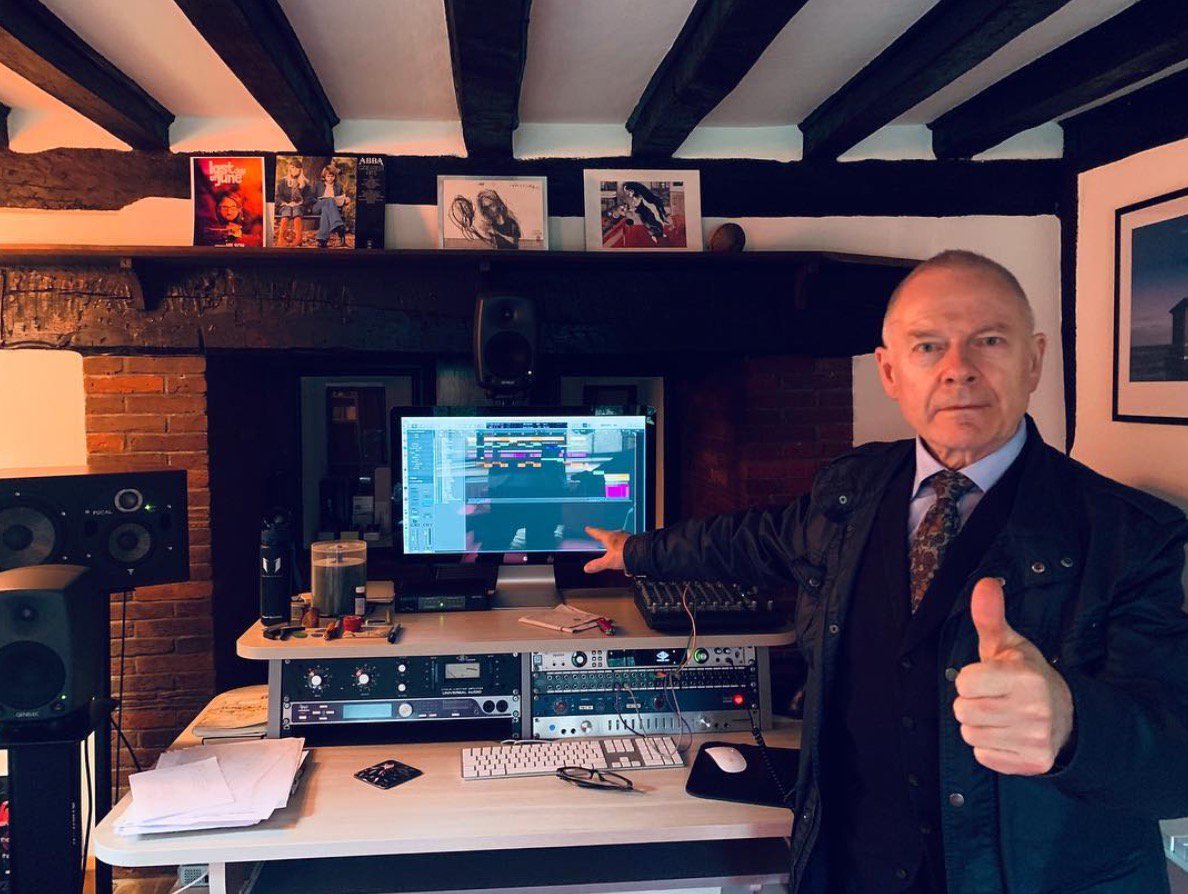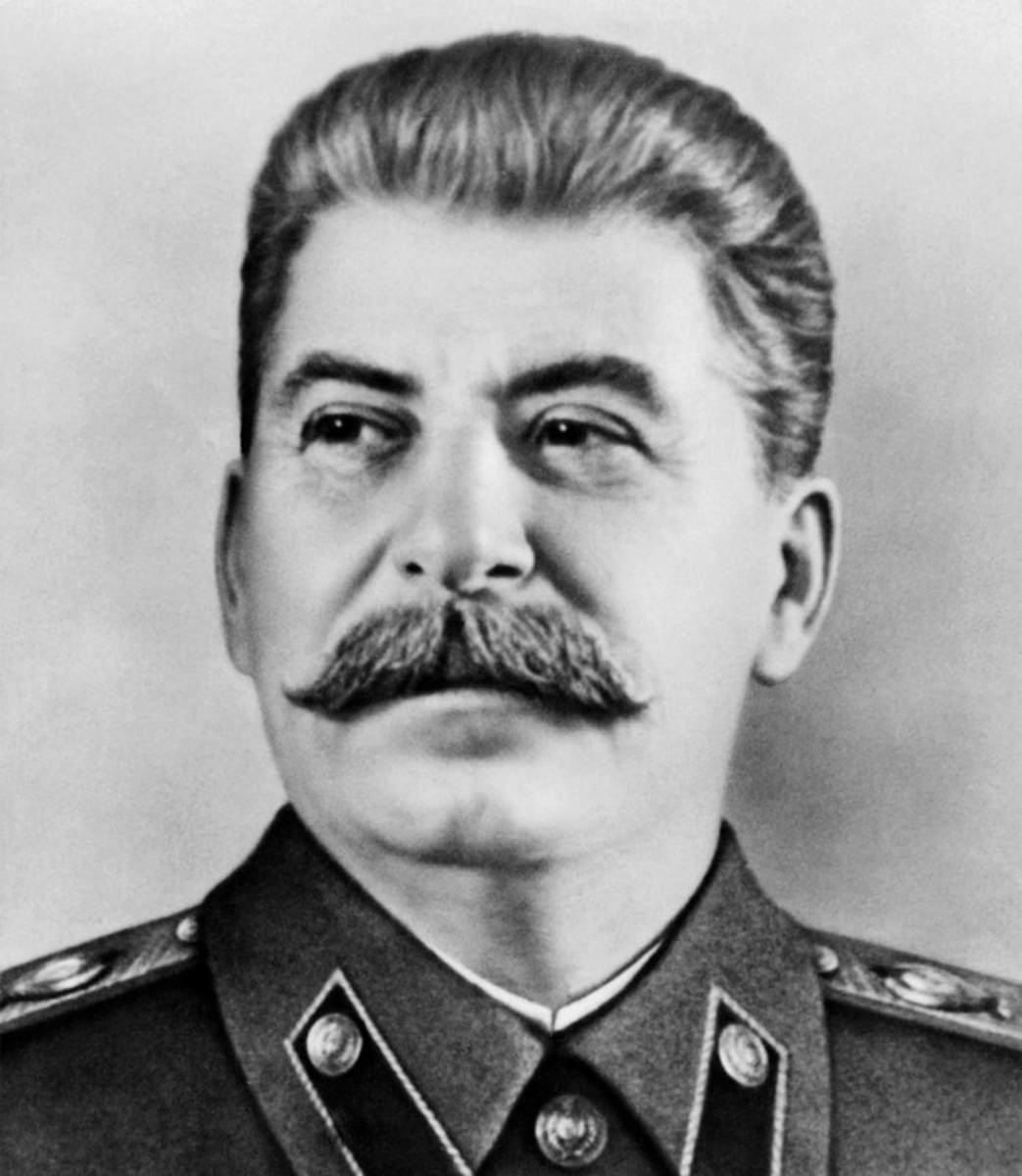I’m talking works by Kurt Vonnegut, Isaac Asimov, Joseph Heller, Stephen King, Art Spiegelman, Elie Wiesel, Daniel Keyes, etc. I haven’t read any from these I’ve mentioned, I just have a bias that tells me they’re overrated trash. I think it’s quite common on american “classics” (not just books but also films) a certain political defeatism or instead a very liberal surface level criticism of “bad things” (Steinbeck stays winning). And then these barren ideas get louded as incredible literature classics (which makes sense as far as the rulling class’s efforts for maintaining the status quo are concerned).
But as I’ve said this is my analysis a priori of having read such novels, but are there actually redeeming qualities on those novels that make them worthy of pursuing? I’m not that interested in style but I can see that some of the authors mentioned have that idiosyncrasy going for them. Also I’m sure some do get the problems they’re writing about and maybe that analysis, even if it doesn’t go all the way, is a good enough quality.
(I write this about american novels in particular but it clearly expands to other ‘classics’. Unfortunately I have read stuff by that Orwell fella which is a clear perpetrator of the crimes I’ve mentioned. I focused on the american side because most of the ‘classics’ lists are filled with them (they’re anglocentric in general but more american-sided))
Isaac Asimov is decent, and I enjoyed his “robot” stories, which if anything seem like the opposite of defeatism. He even wrote an article shitting on Orwell. By the way, if you find sci-fi to be your liking, do check out Dune by Frank Herbert. I think it’s an excellent series, as you may be able to tell.
I think with such a broad brush the only viable answer is “it depends”.
Some of them I actually quite enjoy. While I haven’t read him again since my politics radicalized, I always really enjoyed Asimov. Herbert and Philip K. Dick have always been two huge favourites of mine. I have always been a sucker for dystopian novels, so I quite liked Huxley as well (though I suppose he would be English). On the other hand, I never particularly cared for Faulkner and his writing style. I think King is garbage, both as an author and a person, and I am not sure his work really deserves to be considered with some of the other classics.
Others can be still worth reading even if you don’t necessarily agree with the politics, both just for the pure enjoyment of it and also as an exercise in reading things critically that you may not entirely agree with.
I’m quite a fan of Isaac Asimov.
spoiler
His books tend to be subtly clever. He’s Marxist-adjacent by virtue of being a scientist. The robot stories, for example, deal with contradictions in the laws of robotics. (He made up those laws, iirc.) The way that everything plays out is always so clever, though. There’s always a sense of mystery and logic and you find yourself trying to work out the puzzles that the characters are facing. Asimov draws you in so that you’re more
of[edit: more than] an observer; you’re invited to participate.I loved Heller’s Catch 22. If you enjoy it, also try Evelyn Waugh’s Sword of Honour trilogy. Now, I read these before Marx. I’d likely have a different opinion of then if I read them again today. But I still recommend them to people who ask.
I’ve got a copy of Maus. Have to say that I enjoyed the beginning then never finished it. My copy is the Spanish translation. When I read it, I had to translate almost every word, so it was quite difficult to get into the flow. I put it aside because I wanted to enjoy it rather than reading it as a chore. If it wasn’t very good, I’d have powered through as a grammar and vocab exercise. So while I can’t say it’s great all the way through, I can say that I thought it was good enough to treat it as a worthwhile read.
Can’t say I got on with Faulkner or Hemingway. With Hemingway, I think I read him too young. I’d appreciate him more now. Stephen King is utter shite. The problem is that he’s too American. I can’t describe it in any other way. He writes as if the spirit of the American Dream is trapped in his keyboard. I quite enjoyed F Scott Fitzgerald’s Great Gatsby and Salinger’s Catcher in the Rye. Quintessentially American novelists, still, but these two have a kind of balance that King doesn’t seem to understand.
Hands down most underrated classic is John Williams, Stoner. I heard about this book long before I read it and thought it would be about a stoner, which didn’t appeal to me at all. Then a trusted friend was talking about how good it was and I was a little confused with their spoiler-free description and title of their favourite book. It’s up there in my top 5. Maybe it’s #1.
The problem is I can’t confirm it’s my favourite book because it was so … [I can’t actually describe how it made me feel] … that I don’t want to reread it in case my impression changes. I’m simply content that it was the most … story that I’m just happy to have experienced it and am now able, occasionally, to relive whatever emotion this is. Maybe you have to read it at the right time in life.
Charles Bukowski’s Post Office and Factotum were similarly awesome—in the sense that I was awed that someone could write like that.
My advice: don’t read classics because they’re classics; read for pleasure and read widely. You don’t have to finish a book just because you started it. Give each book 50 pages or so before you decide that you dislike it.
deleted by creator
I think we have to pick up the right book at the right time. I say I’m quite the fan because I’ve enjoyed the books of his that I finished. But I’m stuck at number five or six in the Robots/Empire/Foundation series because I’ve tried and failed to get into the next one. I need the head-space to read 100 pages undisturbed and I’m sure I’ll get into it.
IIRC I started with the standalone, The Gods Themselves. To paraphrase, he credits this as the most creative sci-fi book ever in one of his autobiographies (could’ve been I, Asimov—who writes multiple autobiographies? He did like to write… and it’s a good book). It’s certainly a creative novel!
deleted by creator
deleted by creator
deleted by creator
deleted by creator
Speaking of politics, have you read any William Gaddis? I’ve recently come across his work but have yet to grab anything. The Wikipedia synopsis:
J R tells the story of the eponymous J R Vansant, an 11-year-old schoolboy who obscures his identity through payphone calls and postal money orders in order to parlay penny stock holdings into a fortune on paper. The novel broadly satirizes what Gaddis called “the American dream turned inside out”. One critic called it “the greatest satirical novel in American literature.”…
Sounds good, although like the OP, I’m a bit cautious that it’ll be a very liberal, finger-wagging tale about the excesses of the stock market without a real criticism of capitalism. Could still be fun.
deleted by creator
🤣🤣
Vonnegut is great, especially for early HS, good anti-war themes and kafka-esque post-modernist elements that really add to the odd scenes of his books, especially Slaughter house 5. Stephen King famously wrote A LOT(he did more than his fair share of blow) so some is pretty good like The Shining(tho I will say some of the book is just disgusting sexually) or others that became decent horror movies, others are just absolutely awful shitstains of movies like Lawnmower Man. Speigelman’s Maus was a story I loved reading in Elementary school and it was depressing but I needed to read it, I highly suggest it. My grandma (a Catholic) was not exposed to the full horrors of the Nazi occupation as she fled to the USSR, but reading about the struggles of the characters and seeing the artwork they use in the comic made me cry at times. Some of Steinbeck’s works were heavily influenced by the struggles of ordinary working Americans during the Great Depression. I actually didn’t know Asimov lived in the US, but his sci-fi was EXTREMELY influential to most modern media that includes robots, space travel or high-tech shit beyond the comprehension of humans. Hemingway is interesting, he does have quite a few thoughts on what makes a man a man and how to pull yourself up by your bootstraps but his books are decent. Mark Twain is one I’d like to check again because I don’t know how to feel about him, I read his works when I was a 2nd grader so I only remember plots not writing style and even then idk how the plots are portrayed. I’d suggest reading some of these classics when you have enough time.
Steinbeck is awesome, Vonnegut is great as well, Asimov is good, but the misogyny and bigotry of the times tend to shine through. So that’s worth taking into account.
Art Spiegelman’s Maus series is a fun read but it does have its ‘moments’
deleted by creator
What moments? I read it a very long time ago so I don’t remember.
Communists were looked down on by the father, and he calls black people ‘thieves’ to the dismay of Art and his wife (His father is narrating)
deleted by creator
You’re trying really hard to sound smart. If you want to critique the literature, do it, but don’t expect points for saying “American = bad amirite?” without having even read anything. It’s so cliché.
I’m sorry if I came across like that. I’m not criticizing the literature, I’m trying to ask to those who are familiar with it if my preconceived ideas hold true since that has been my experience with other works of the kind (and even in other art forms). From that experience I know that I have to be weary particularly of louded american works, I’m not outright saying american equals bad.
With that said, have you read something from the authors I’ve highlighted and if so what were your thoughts on their work?
You didn’t come across like that, I don’t think.
It’s one thing to suggest that American literature might be bad because it’s American. It’s another thing to query whether hyper individualist liberal values of US society lend themselves to bad literature. The prevalence of those values—or, rather, the material relations that lead to that prevalence—do lead to bad literature. And if you’re not a liberal individualist, many books will get on your nerves.
It’s not all bad, though. There are some great stories to get into. The gems really are worth your time.
You should be wary of trying to be erudite by using words you don’t understand or you will be lauded as an exemplary dilletante others should learn from - learn what not to do, that is.
Just read the damn books and form an opinion for yourself.
thanks for the corrections
I’m annoyed by your tone. You’re throwing around awfully harsh language towards authors you’ve never read. Why? They are lauded for a reason. (It’s spelled lauded btw.)
I’ve read many of the authors you mentioned, and most of what I’ve read has been quite good.
You might not care about some of the themes because I assume you’re not American, or you could just not like the style of writing. It happens.
I didn’t really like Crime and Punishment by Dostoevsky. It wasn’t overrated trash or without any redeeming qualities. It just wasn’t my tempo.
Read what you like.
You’re throwing around awfully harsh language towards authors you’ve never read. Why?
Probably because much of US culture reveals
a certain political defeatism or instead a very liberal surface level criticism of “bad things” … And then these barren ideas get louded as incredible literature classics[,]
amplified by empty marketing. It’s a valid question to ask whether this is a recent trend or older. And it is an older trend, as much of even the good stuff commits the flaw the OP highlights.
Asimov, for instance, and this won’t spoil the story, imagines that humans will get to space and still have capitalist corporations. I know he didn’t benefit from the vantage that we have today but that’s a bizarre trope. It’s very liberal and possibly defeatist. Capitalism won’t survive the century. By the time we colonise Mars, liberalism will be an historical curiosity for people who wonder why it took humanity so long to secure it’s freedom.
OP: don’t let this put you off Asimov. As Jonathan12345 suggested, the plots and characters are generally optimistic.
deleted by creator
I didn’t really like Crime and Punishment by Dostoevsky. It wasn’t overrated trash or without any redeeming qualities. It just wasn’t my tempo.
You know how internet edgelords see edgy characters in movies and TV shows and are all like “literally me fr fr”? I did that with Raskolnikov when I read Crime and Punishment back in college.
deleted by creator






